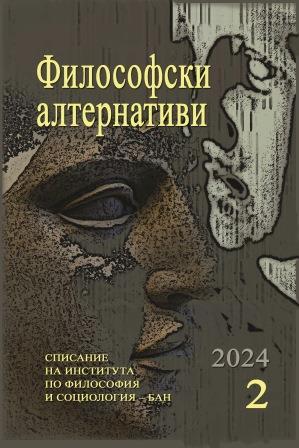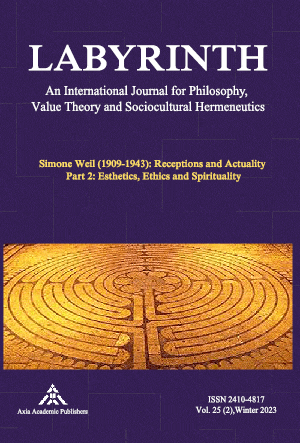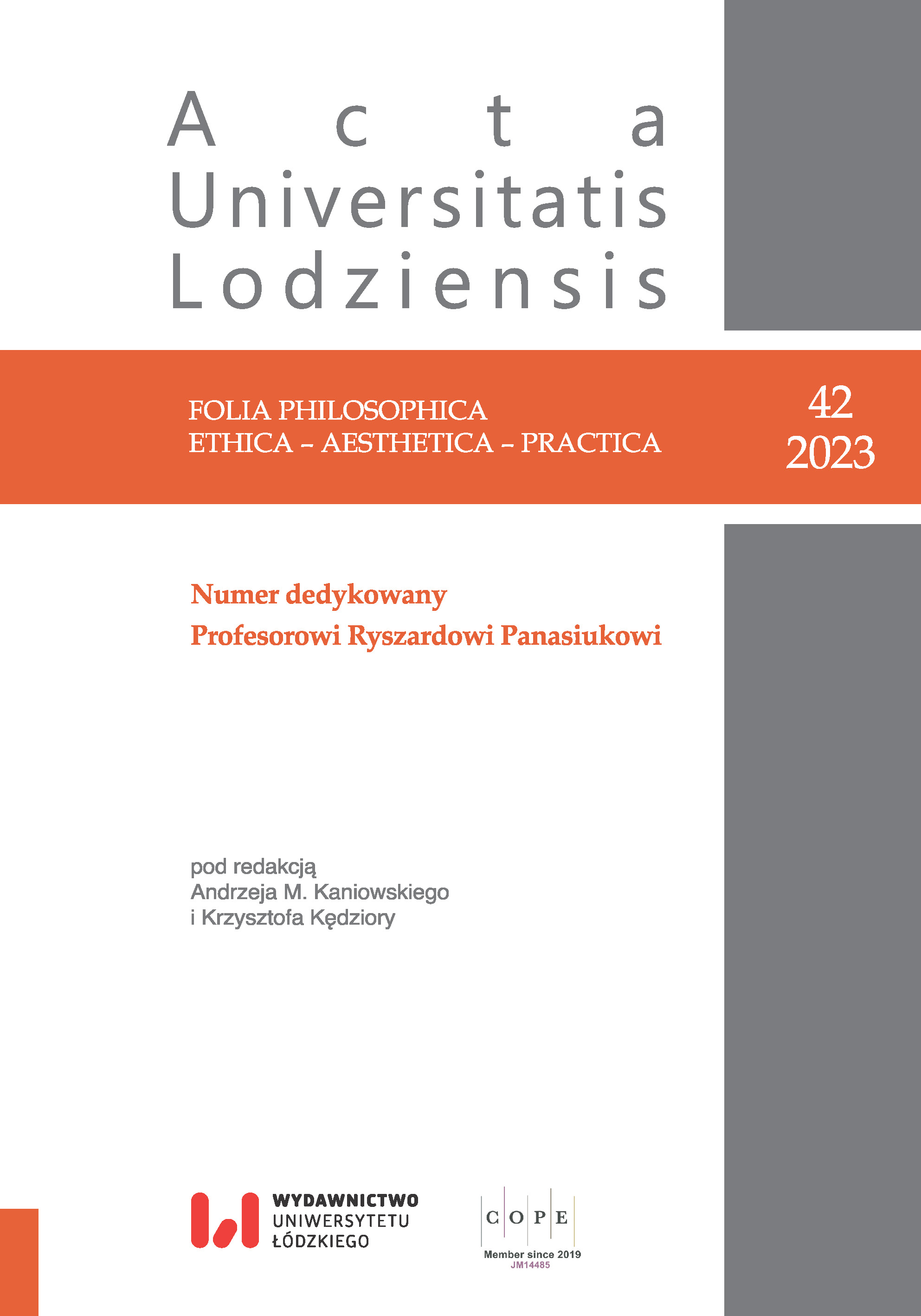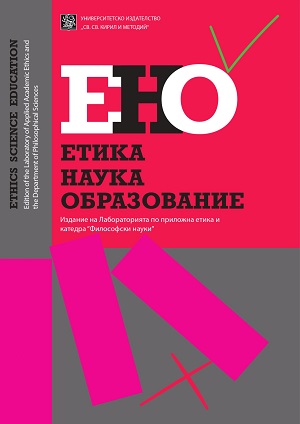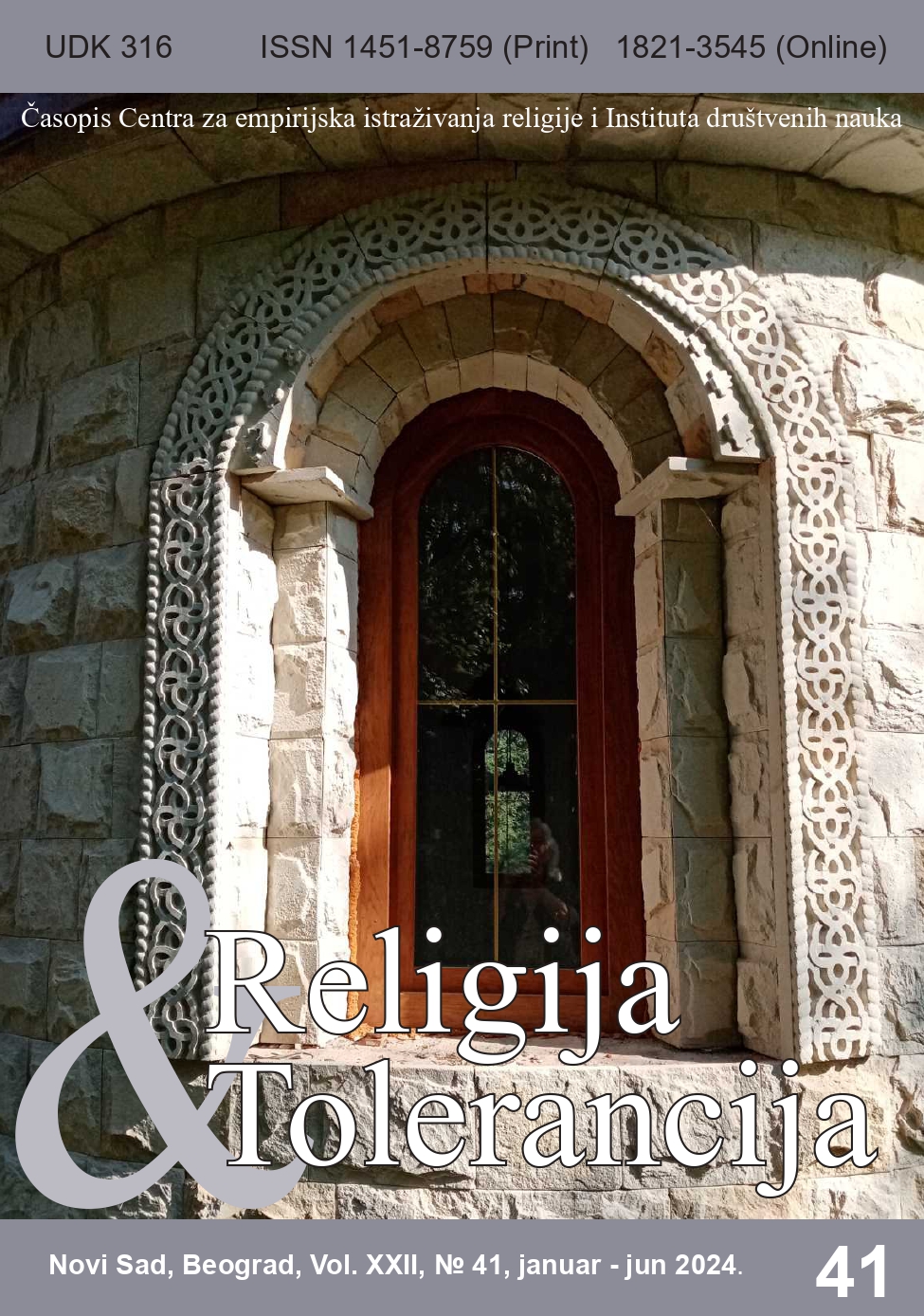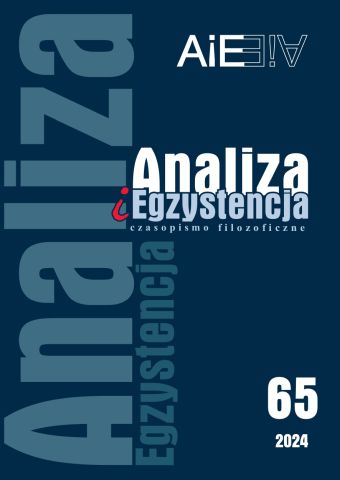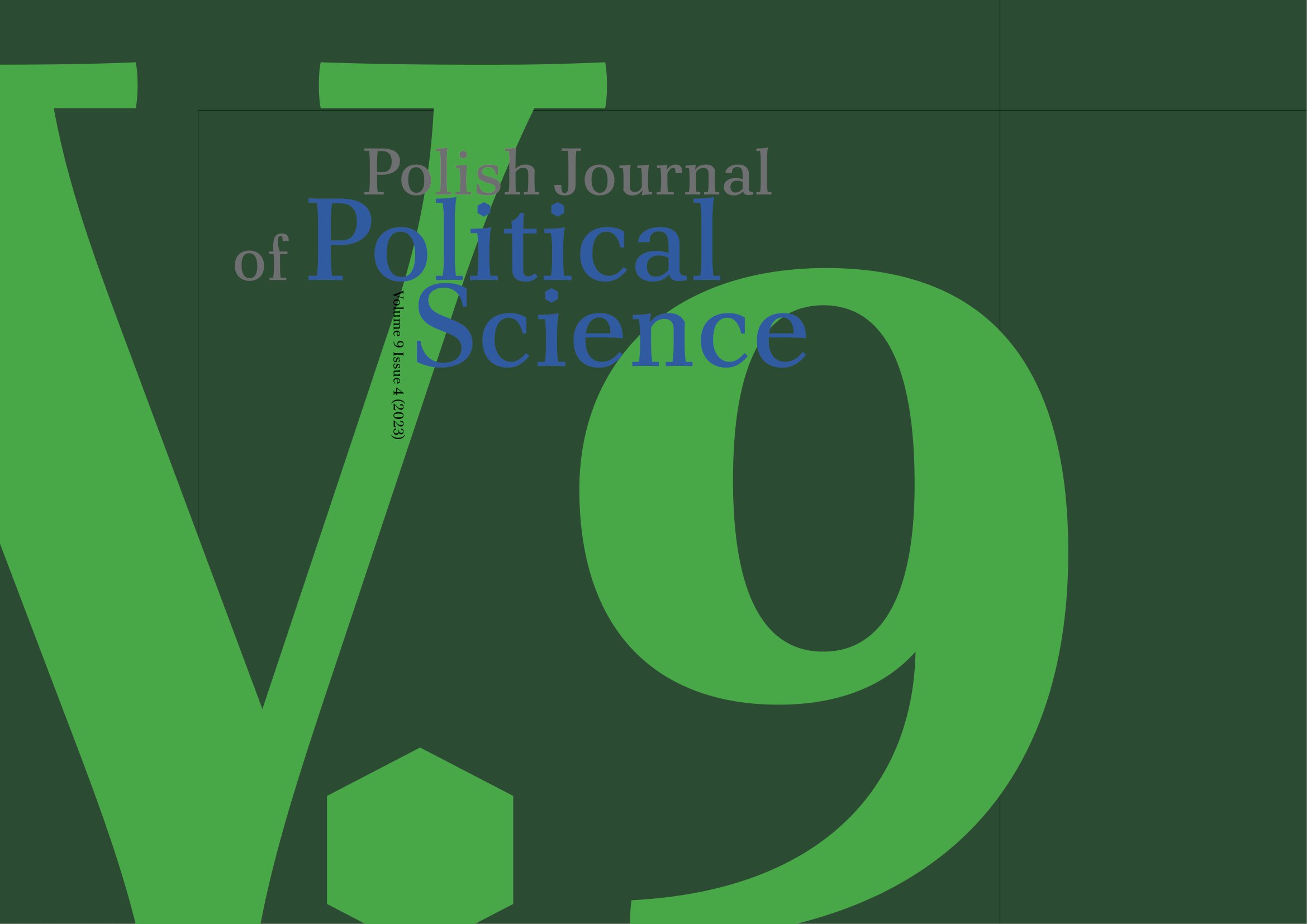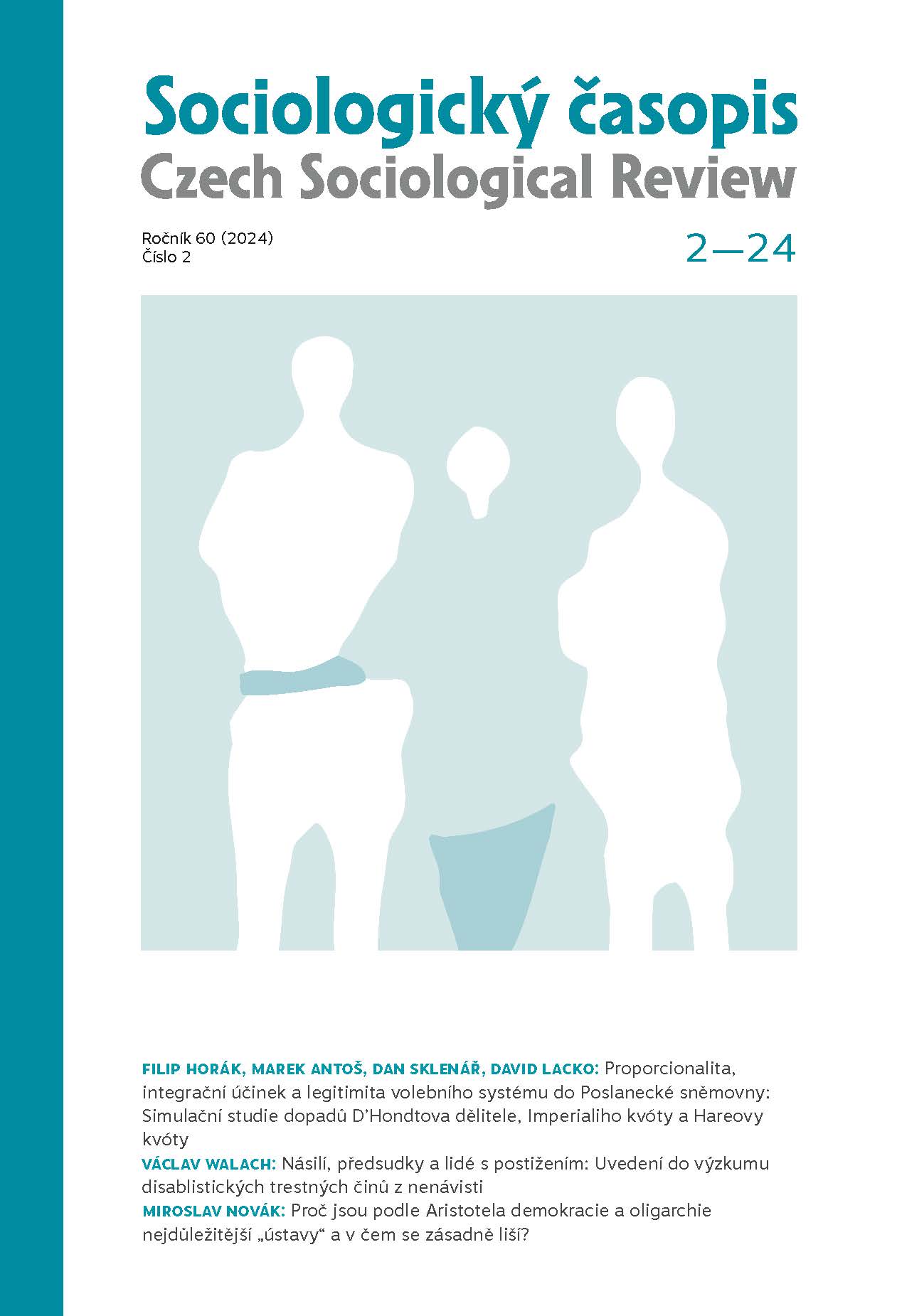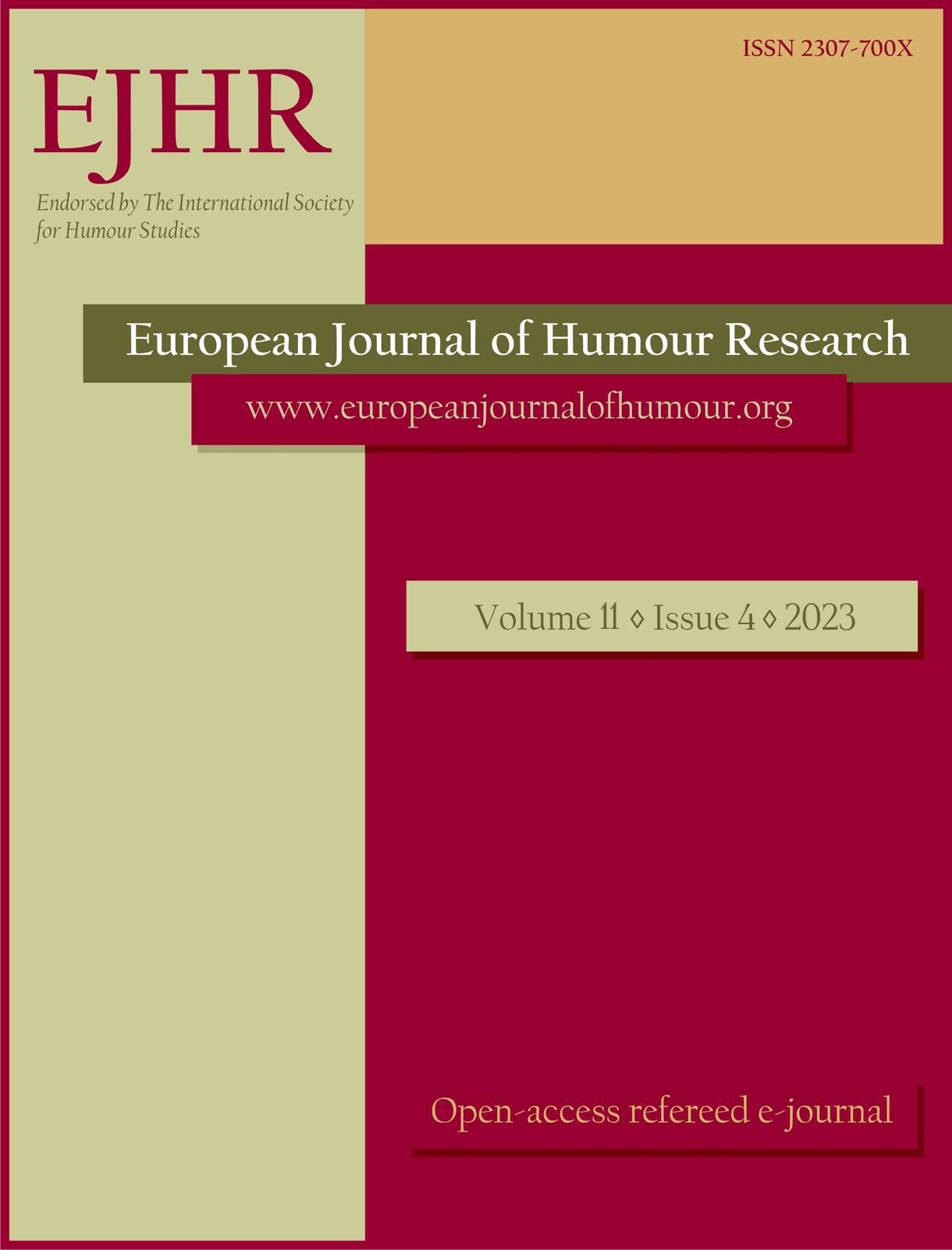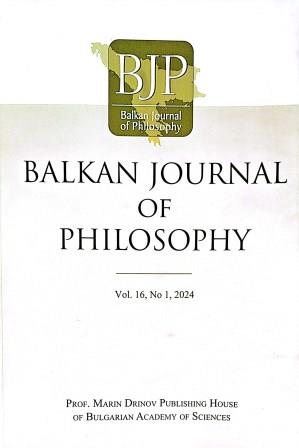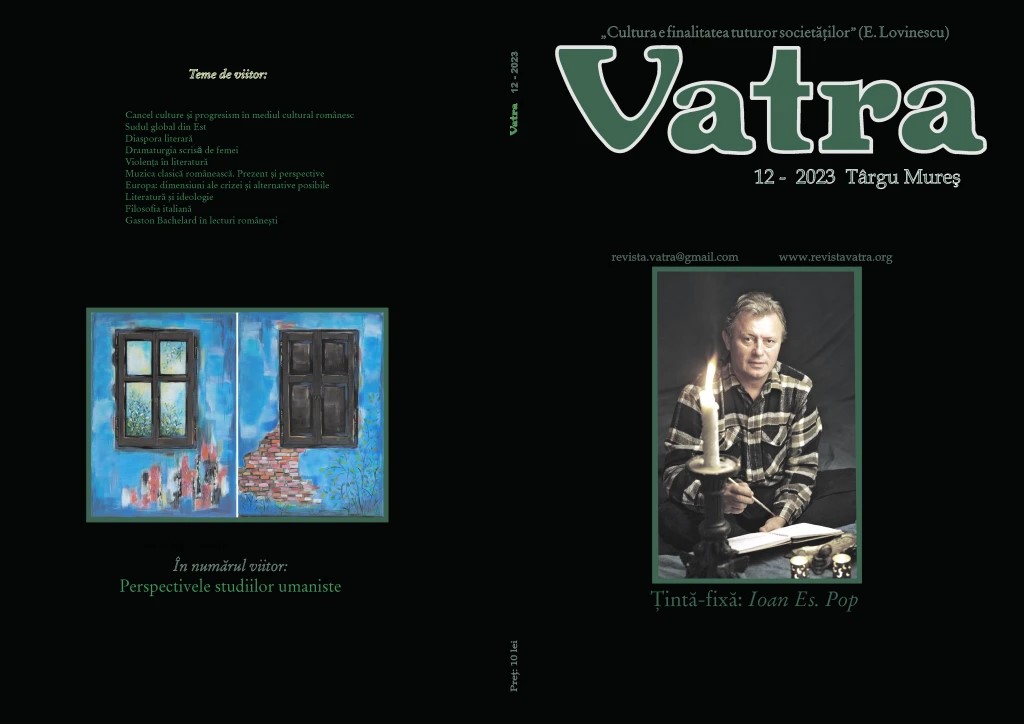
eseu
„Cine gândește abstract? Omul fără cultură, nu cel instruit. Buna societate nu gândește abstract întrucât este prea facil, prea vulgar – însă fără legătură cu poziția socială –, nu dintr-o vană pretenție de noblețe care ar plasa-o deasupra a ceea ce nu poate făptui, ci datorită micimii inerente a acestui lucru.” (Hegel, Wer denkt abstrakt?)
More...
